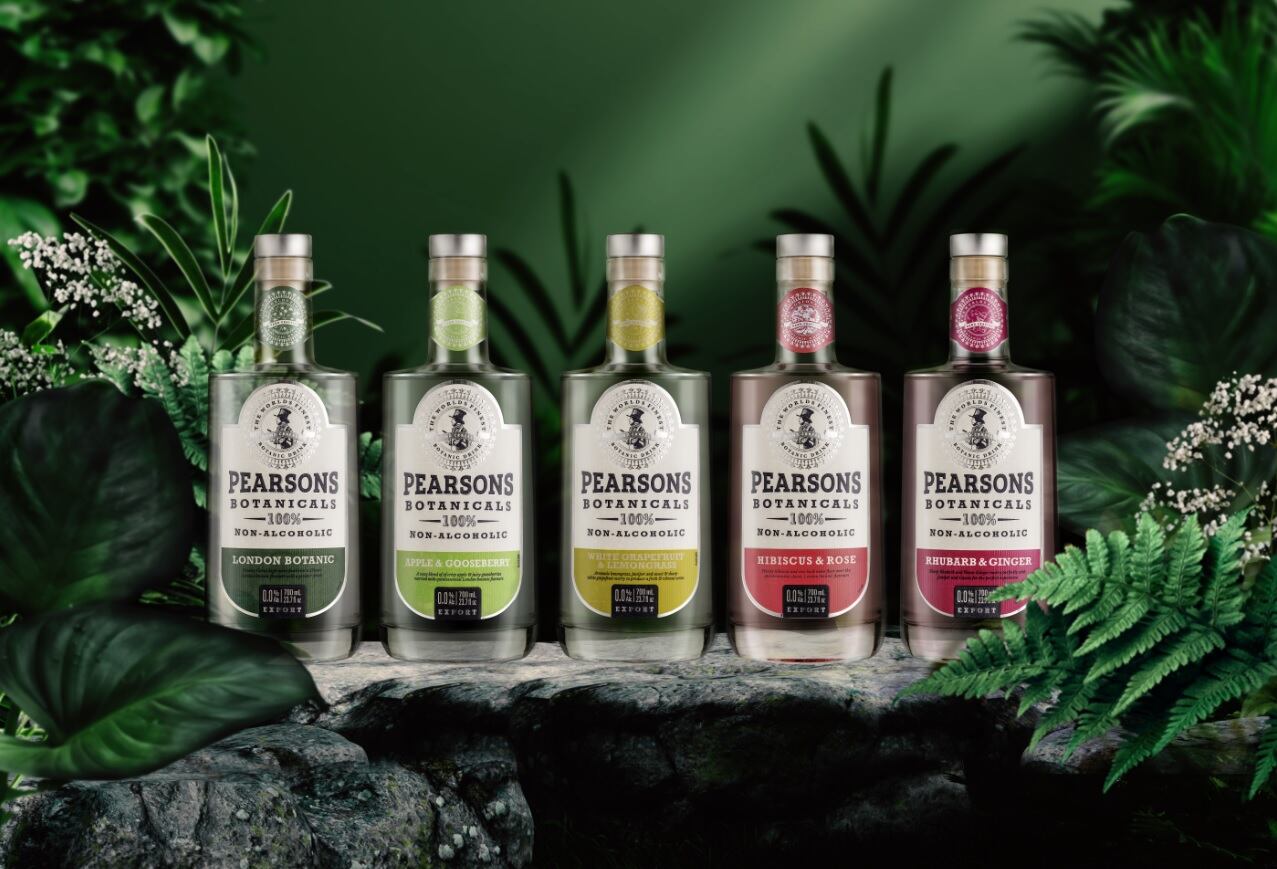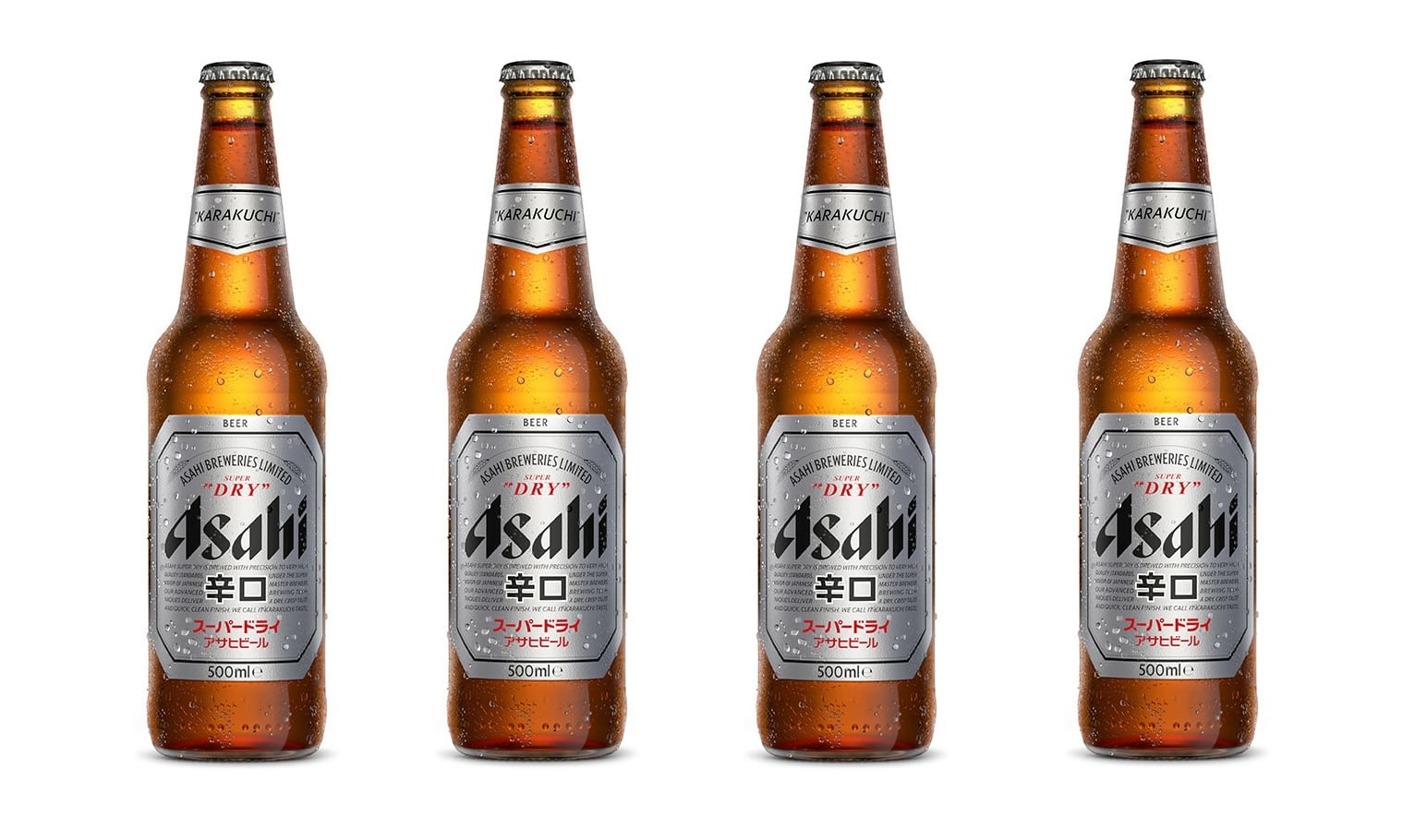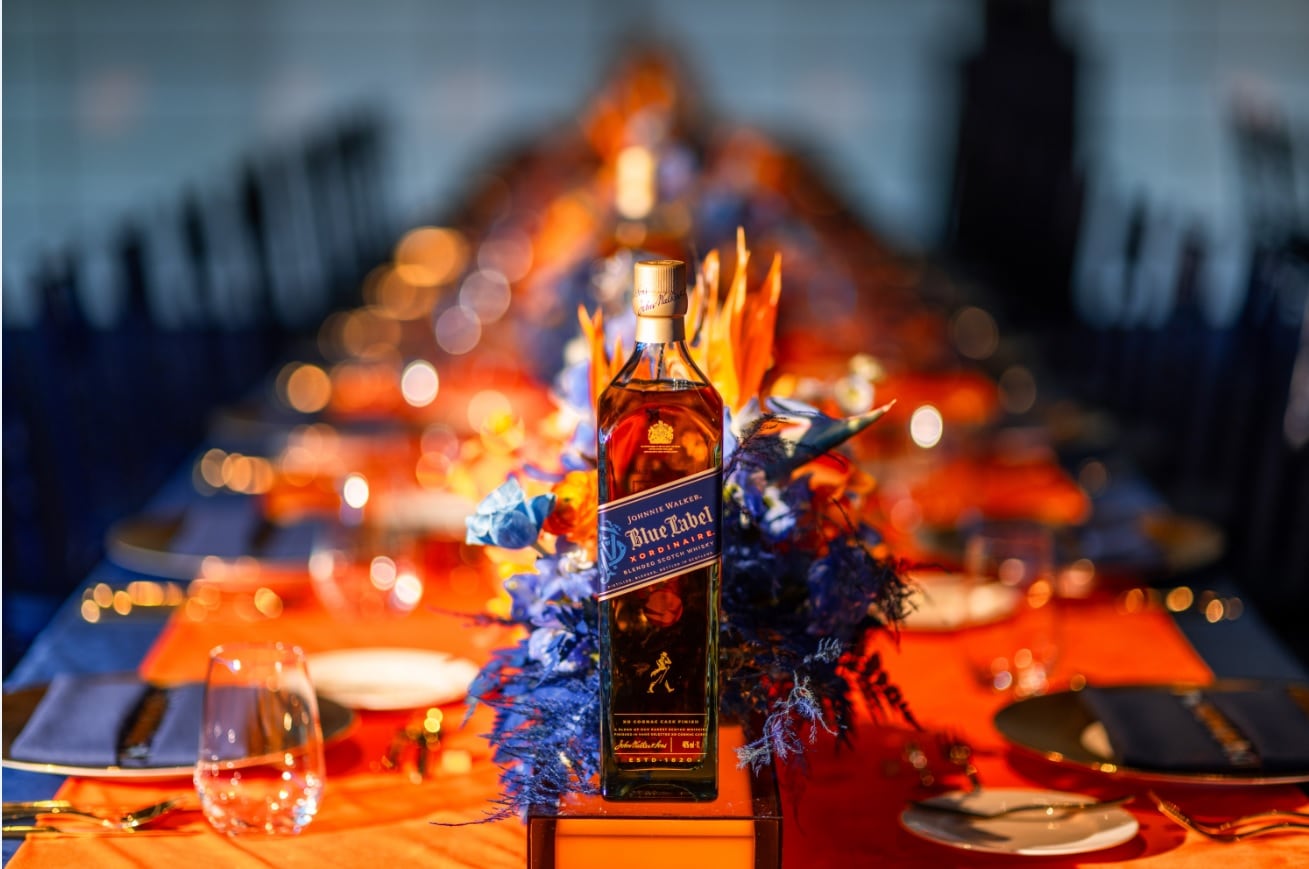Founded in Glasgow, Scotland in 2018 by brothers Roddy and Kerr, Spirits of Virtue has a portfolio of seven alcohol-free spirits: each with their own identity.
Glen Dochus is an superior alcohol-free whisky steeped in Scottish heritage; USKO vodka alternative delivers a fresh taste of the Nordic wilds; and 270° Botanicals brings all the exotic fun of rum without the alcohol. SOBOUR Bourbonesque and Rye Style are bold homages to classic American whiskies; and two non-alcoholic gin lines – Pearsons Botanicals and CeroCero – present delicate and daring flavours inspired by nature.
The most recent launch is Seven Giants: a ‘cheeky take on tequila’ made from premium Mexican blue agave.
From humble back-yard beginnings to £3.5m IP valuation
The company has taken these products from the 'humble back-yard beginnings in the heart of rural Scotland' to a company with a £3.5m ($4.4m) IP valuation.
A tricky challenge for any beverage start-up is fundraising: and the alcohol-free sector is no different. Spirits of Virtue, however, has managed to attract investment of close to £3m ($3.8m) to date.
It might sound obvious: but a good product is a non-negotiable starting point - particularly in a category where consumers (and investors) may still hold opinions shaped by dubious products of the past.
For Spirits of Virtue, a good product is summed up by the trio of 'premiumisation, provenance and price', says Roddy Nicoll.
"Our presentation exudes a profound level of professionalism that really connects with the customer," he explained. "In other words, our non-alcoholic bourbon SOBOUR, for example, looks like, smells like and tastes like a bourbon.
"The provenance of the ingredients we use across our whisky, vodka, gin, rum and tequila alternatives is second to none and, importantly, the exclusive water at the heart of our beverages is really rather special."
This highland spring water is filtered through the granite rock of Scotland's Cairngorm mountains - sourced close to Balmoral Castle. This has a unique molecular structure that holds onto the flavors from other ingredients - themselves carefully sourced.
Attracting investment
With the product and brand story complete, it's then about going beyond the product to present a professional, purposeful business. And raising investment is perhaps the biggest challenge for early-stage businesses.
"Investment in Spirits of Virtue has built up in degrees – from the first injection of cash from the directors to micro loans from government agencies, and then private investment from high-net-worth individuals," explained Nicoll.
“Building the core team, putting our products at the centre of everything we do and being able to present in a highly professional manner has been really important for us. It moved the company on to a point where we were able to attract core investment in excess of £1.5 million."
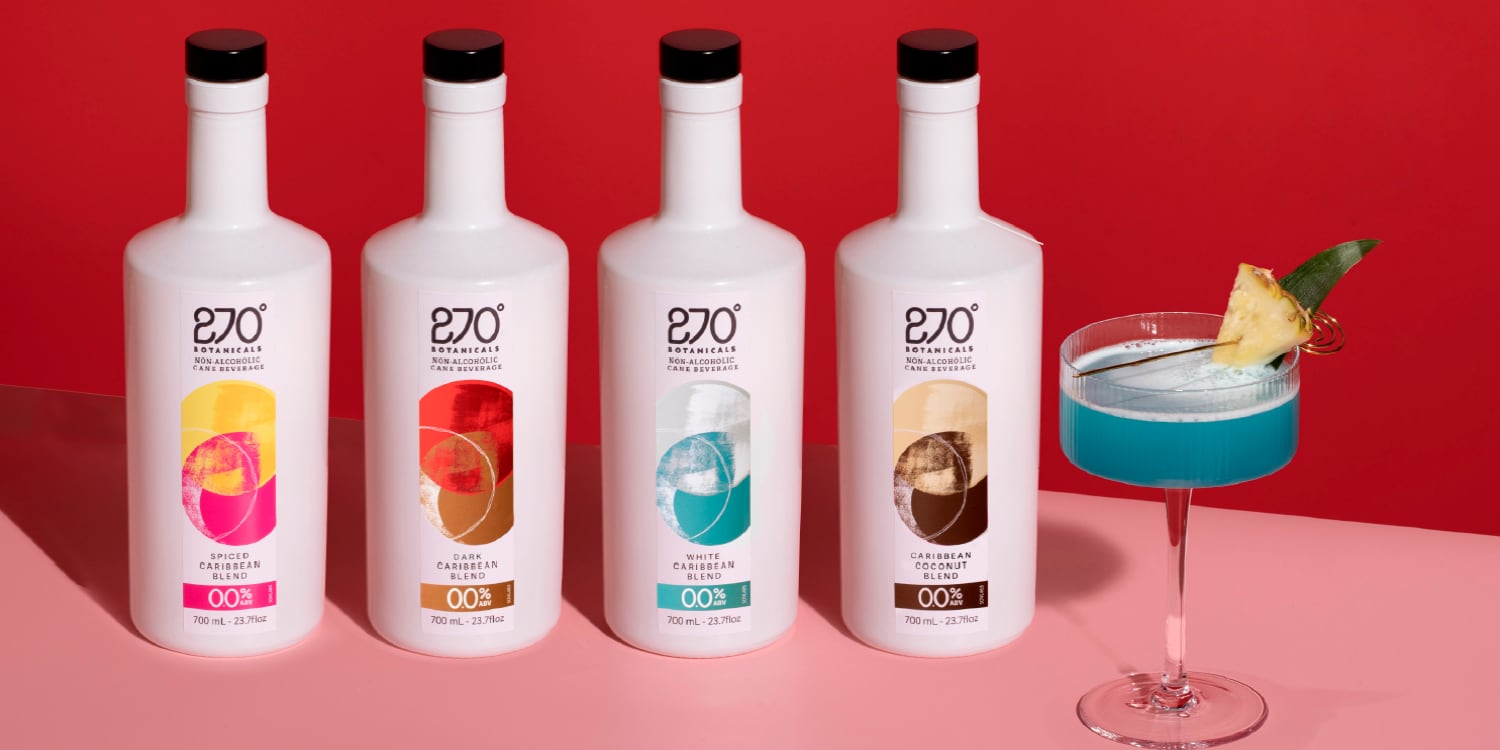
To put it simply: "Good products, good core principles and good people make it easier to attract investment,” summarises Nicoll.
And helping drive further investment will be a IP valuation of £3.5m from Metis Partners, which the company announced in December. That helps the company quantify the years of experience in building up the technical knowledge needed to create quality drinks.
“As we move on to a second, even bigger fundraise of five to eight million pounds, the IP valuation was important to assess the fundamental core of the company," explained Nicolls.
That was particularly important for Spirits of Virtue because it has built up its company differently to many others.
"Spirits of Virtue is a little bit different in that we’ve built a portfolio of seven brands, offering a total of 26 botanical blends," notes Nicolls.
"Other non-alcoholic spirits companies tend to have one overriding brand with the same bottle, same front label architecture, different varieties.
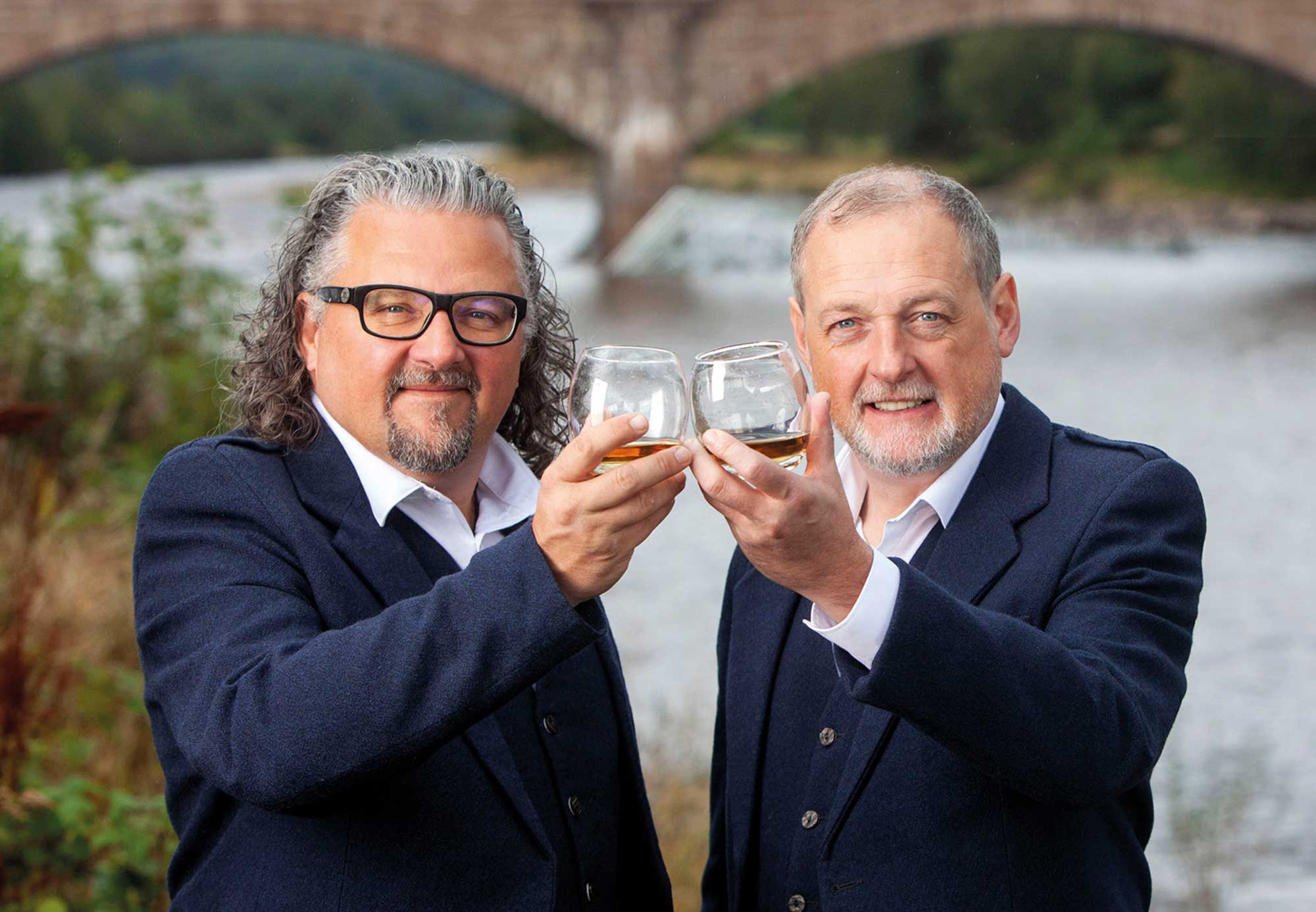
“So, we manufacture and distribute the Spirits of Virtue brand portfolio; but each of our brands has its own identity.
"Because of the diverse range of our portfolio, we’ve done what other companies have done seven times over.
"That had to have some intrinsic value for potential investors. Bringing in the experts from Metis Partners allowed us to capture all that work and quantify it.
"Among other things, the IP valuation reflects the processes and technical skills we’ve developed in the production of our liquids. As we achieve higher throughput and higher volumes, there will be more value in the actual brand equity measured in fiscal and EBITDA terms."
International expansion: 'The US shows potential for explosive growth'
Founded and based in Scotland, Spirits of Virtue now exports its products to 16 countries including Australia, the UAE and North America – with greater global expansion a goal for the future.
At the moment, the market that's most exciting for Nicoll is the US: partly because of the demand he sees growing in the country (no- and low-alcohol spirits sales in the US are up 94% year-on-year, according to market analyst Nielsen IQ), and partly because the company is now perfectly positioned to exceed in the country.
“Of all the markets we’ve entered so far, it's the one that shows the greatest potential," he said. "I think this is down to a combination of things; we entered the US market with our entire portfolio; the range, presentation and bespoke glass; our marketing that sits alongside it; our skill at positioning our products at the right price point; and implementing the lessons we’ve learned from the mistakes we’ve made over the years when entering other territories."
The company made its debut in the US in November, and is already seeing results.
“Certainly, in terms of actual return itself, the US shows potential for explosive growth. Within six weeks we’re capturing one in eight non-alcoholic spirit sales on the Amazon platform, which is just phenomenal, and by the middle of the year that figure will be even higher.
"I’d like to see one in three bottles sold being a Spirits of Virtue brand. Our distributor there is extremely excited and so are we. It gives us the perfect launch platform to go into the retail space within the US. We’ll definitely be concentrating a lot on the North American market over the coming two years.”
New horizons: private label
As the alcohol-free category grows, the private label counterpart to the category is emerging. Nicoll believes there's an opportunity there: it has already worked with UK supermarket ASDA to create four non-alcoholic spirits, which hit shelves in October.
As part of ASDA’s ‘Extra Special’ private label range, the new non-alcoholic spirits range includes a velvety rum alternative ‘Dark Spiced Drink’ and a gin substitute, the vibrant and fruity flavored ‘Red Berries Botanical Drink’, alongside Rhubarb & Ginger Botanical Spirit and Non-Alcoholic Botanical Drink.
The range retails at £10 for a 70cl bottle.
Having built up the expertise in alcohol-free for its own products, expanding into private label is a natural fit, says Nicoll. However, the move into private label has also benefited its core brands.
“We made a decision to do private labels very early on,” he explained. “There are a number of reasons for this. It meant we could build a production facility and while building up volumes on the managed side, we could take our excess capacity and sell it into the private sector. And obviously there’s the upside of the revenue stream.
“Private label has helped us establish solid relationships with retailers, it returns a profit margin that we invest in our own managed brands and, importantly, it introduces our product DNA to more people. Each company’s products have their own particular DNA and own taste profile. If a customer makes the jump from an own label to a more premium Spirits of Virtue product, then the jump is easier because there are characteristics that carry from one to the other.”
That strategy appears to be paying off. Thanks to its existing infrastructure, expertise and ability to respond to new trends, the company can take clients on the journey from conception to completion in as little as 12 weeks.
“Private label is something we’ll only expand on and we’re fast gaining an enviable reputation for producing quality own label products,” said Nicoll. “I definitely see it as one wing of the SoV bird; we need to flap in unison to keep us in the air. Maybe at some point we’ll hive it into two operations: but the core fundamental principles will stay the same.”
'Our vision is to become the premier destination for non-alc spirits'
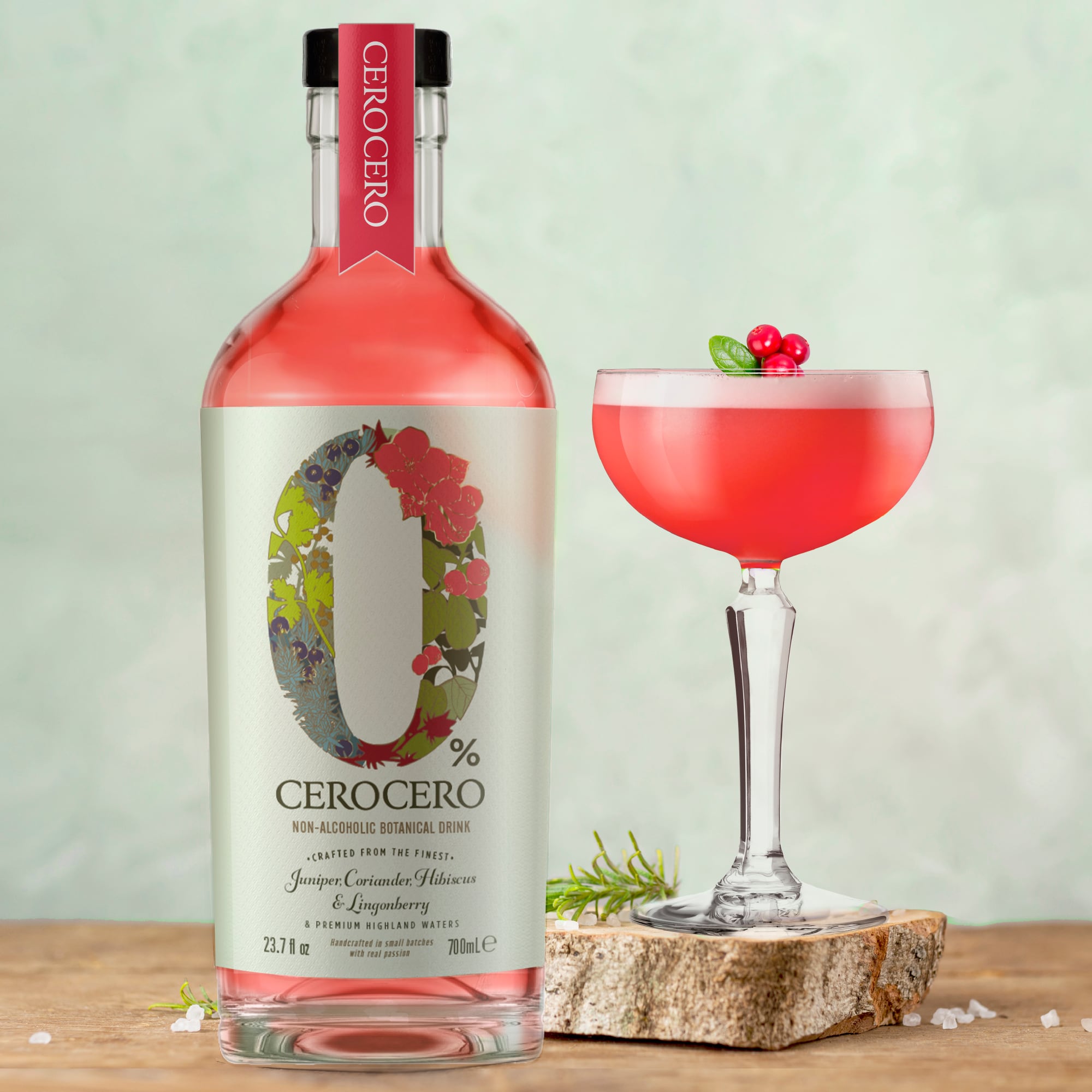
So - having achieved so much in five years - what's the ultimate destination for the company and what does 'success' in the category look like?
"Our vision is to become the premier destination for non-alc spirits," said Nicoll.
"We’re determined to build each of the brands in our portfolio into truly global brands and household names. Our measure of success is when you can buy a bottle of Glen Dochus, for example, anywhere in the world.
"For me, achieving that would signify success, but it’s an ever-evolving journey rather than a destination. Perhaps by the time we get to that point I’ll view success at having nine different brands on the shelf, not seven, or maybe we’ll be looking at aged non-alcs. Maybe we’ll be selling five-year-old and eight-year-old non-alc whisky.
"That’s what’s exciting about this: the opportunities grow as the category evolves."

